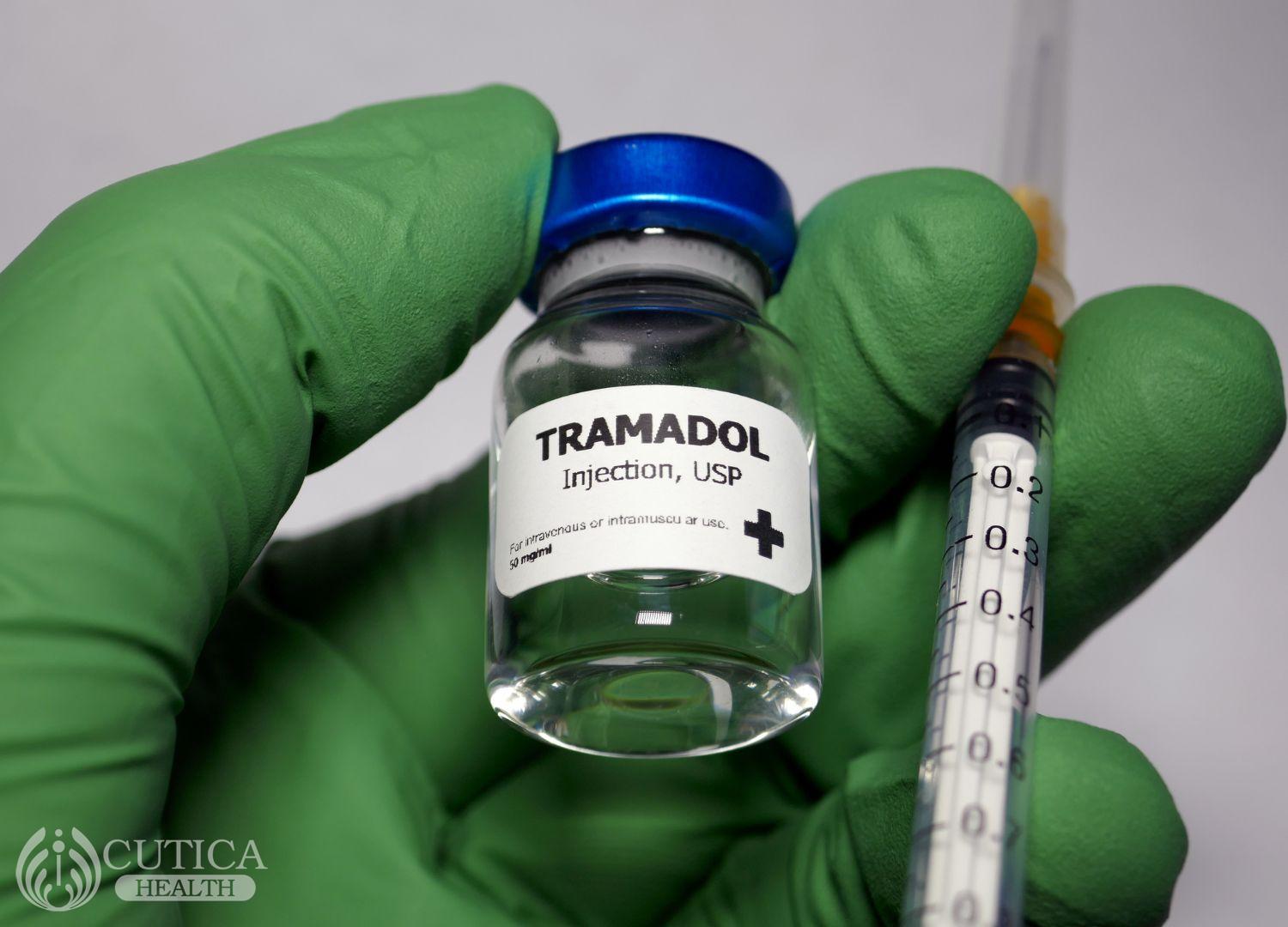“Dapo discovered Tramadol through some friends at the construction center. After numerous complaints about severe body pains caused by the difficult work, his colleagues asked him to try Tramadol. They promised that Tramadol would not only stop the pain, but it would also make him feel powerful and able to work tirelessly. They gave him a 225mg pill to try. True to the stories, Dapo felt unstoppable at work. The next day, he popped one pill before work and the next he took one before work and another pill after work, until he was using Tramadol to get through each day. Now, he can’t stop using the drug. He feels nauseous, drowsy, fatigued, and has headaches whenever he doesn’t use it.”
Tramadol is an analgesic (painkiller) belonging to a class of medicines known as opiates. Tramadol is used to treat moderate to severe pain after surgeries or serious injuries. It is also recommended for people dealing with long-term pain when milder painkillers are no longer effective.
Legally, a prescription is needed to obtain Tramadol. On the streets, Tramadol can be easily purchased, even at doses that are higher that the legal dose.
A national survey reported that 1 out of every 7 Nigerians between ages 15 to 64 had abused drugs in the past year alone. The most commonly abused drugs were pharmaceutical opioids such as Tramadol, morphine, and codeine. In fact, Nigeria has been highlighted as one of the countries with the highest Tramadol use.
Tramadol abuse affects the physical, mental, and socioeconomic aspects of a person's life. A person abusing Tramadol can experience a variety of effects ranging from mild to severe to fatal.

Some of these effects include:
Seizures: when a person consumes very high doses of Tramadol, they are more likely to suffer seizures.
Hyperalgesia: this is a condition where the nervous system overreacts to painful stimuli. People with hyperalgesia have an increased sensitivity to pain and will experience very intense pain from injuries or surgeries. People who abuse opioid drugs like tramadol tend to experience hyperalgesia.
Serotonin Syndrome: Tramadol creates a high by releasing serotonin, the hormone responsible for stabilizing mood, and prolonging its presence in the brain. If an excess amount of serotonin remains in the brain, serotonin syndrome can occur. This syndrome can be life-threatening and most commonly happens when the individual pairs Tramadol with certain antidepressants.
Symptoms include agitation, tremors, muscle spasms, muscle rigidity, loss of coordination, and seizures. The person may eventually fall into a coma.
Disruption of critical brain functions:
Tramadol abuse can damage the brain. Chronic abuse of Tramadol can result in permanent damage to brain functions such as memory, critical thinking, and learning.

Conclusion
Tramadol is a powerful painkiller (opioid) that is being misused and abused by some people. Because of its classification as a mild to moderate opioid, its addictive qualities were overlooked. Tramadol misuse/abuse includes using the drug without a prescription, using very doses, or combining Tramadol with other substances to increase its potency.
Tramadol abuse can lead to severe consequences for the user and even result in death. Say no to drug abuse.
